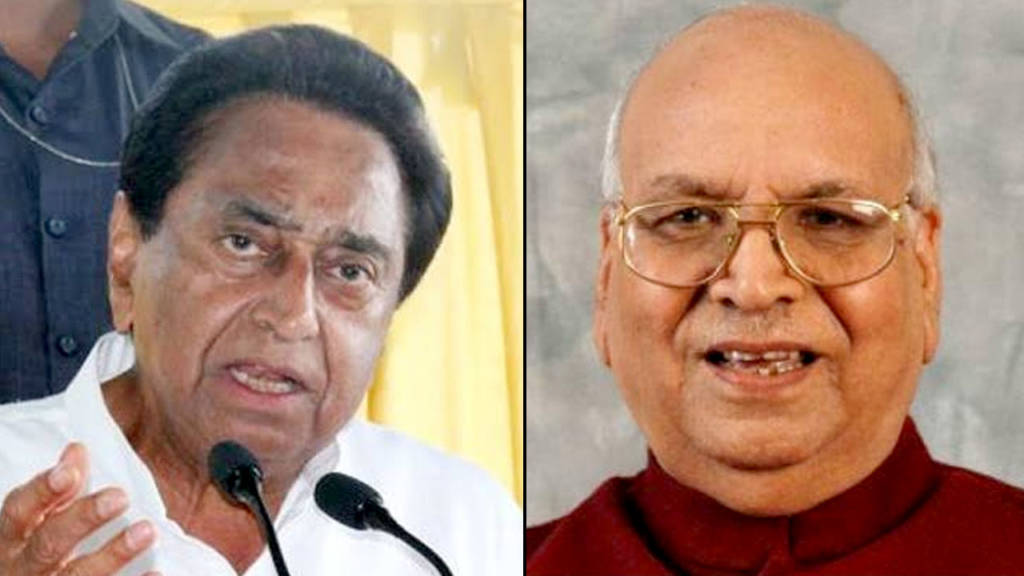The Congress government in Madhya Pradesh tried everything to get an Anglo-Indian nominated in the state assembly but the Governor Lalji Tandon spoiled its tactics.
The government’s bid to nominate an Anglo-Indian in the assembly is surprising as according to the 2011 census; there are no Anglo-Indian residents in the state. The Governor too cited this while rejecting the file of nomination of an Anglo-Indian.
The Centre had scrapped the quota for Anglo-Indian community citing “for the time being as the community was doing well” and did not require quota. The reservation for the Anglo- Indian community was scrapped with 126th Constitution (Amendment) Bill, passed in December, extended the reservation for people from Scheduled Castes and Scheduled Tribes in Lok Sabha and Assemblies, but discontinued representation of Anglo Indians.
On the contrary, the Congress government led by CM Kamal Nath had recommended Jabalpur-based Denzil Paul for the reserved seat (Anglo-Indian), but the Governor did not clear the file. Paul who is close to Congress party and also the President of Christian Education Society that runs educational institutions in Jabalpur, had moved a petition in high court on January 7. Through his petition, he accused the Governor’s office of inaction over his nomination. Arguing that all formalities had been completed, Paul sought the court’s direction to expedite the appointment process. The state government replied in the court that if the petitioner filed a fresh representation, it shall be decided expeditiously. Judge Subodh Abhyankar disposed of the petition on January 9, directing the petitioner to file a fresh representation and asking the state government and Governor’s office to take a final decision on or before January 20. On January 11, Paul made another representation and the government issued another recommendation letter.
However, Governor Tandon did not oblige, holding his assent to the nomination saying the nomination has no justification. Quoting the 2011 Census, the Governor said there are no Anglo-Indians in the state. The representation to the community was set to expire on January 25 and the Centre has not extended the date, he replied.
Earlier, TFI had initiated the debate of scrapping the quota of the Anglo-Indian community. The central government ended this parliamentary obligation in December last year. TFI had argued then that, “the futility and undemocratic use of the provisions makes a strong case for doing away with the nomination of Anglo-Indian members.”
In the article, dated September 10, 2019, TFI had pointed out the futility and unreasonableness of the Constitutional provisions empowering the President to nominate up to two Anglo Indian members in the lower house of the Parliament, and also empowering the Governor of a State to nominate one Anglo-Indian member to the concerned State Assembly.
The cabinet gave its approval for extending the reservation for SCs and STs in the Lok Sabha and the Legislative Assemblies for a period of another ten years, however, there has been no such extension when it comes to the power of the President to nominate two Anglo-Indian members to the Lok Sabha, and similar power of Governors to nominate one Anglo-Indian member to the Legislative Assemblies in the states.
It seems the Congress is still pursuing its minority appeasement politics and is suffering from the colonial hangover. The Governor has rightly rejected the nomination of an Anglo-Indian in the state assembly.
